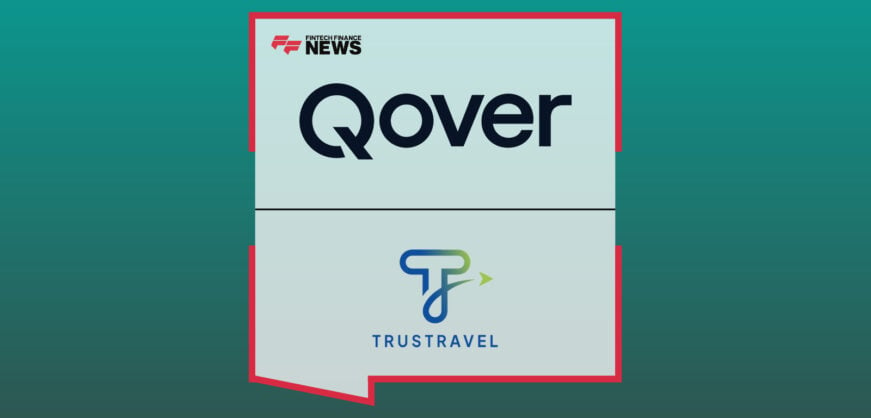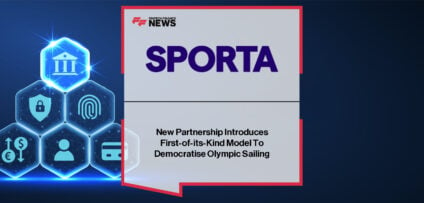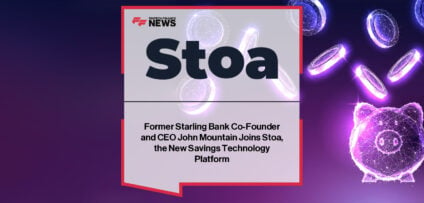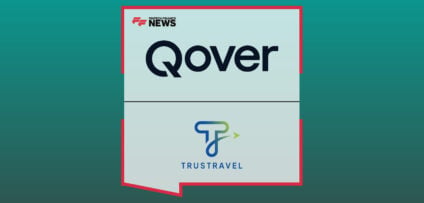Breaking News

Without Earned Wage Access, Connecticut Working Families Have to Go Without Basic Necessities
New, independent research from the University of Connecticut, commissioned by DailyPay, illustrates the negative impact on Connecticut workers from the state’s January 2024 decision limiting their ability to instantly access their earned but unpaid wages. The research highlights the results of a survey, conducted in February and March 2025, following a measure by the state legislature that effectively shut down Earned Wage Access (EWA) services that had been available to workers in Connecticut for nearly a decade.
Over two-thirds (67%) of the survey respondents stated that prior to the shutdown, EWA had positively impacted their financial situation. The new research shows that at that time, EWA users were primarily using their earned wages to pay for food or groceries (85%), transportation or gas (63%), and rent or mortgage (59%). Additionally, most of the respondents in the sample were women (64%), the majority of whom have children in the home, and who the research describes as being credit-constrained and living paycheck-to-paycheck.
As a result, the EWA shutdown had negative impacts on this population. The UConn research finds that working families in Connecticut went without what they needed (36%) or relied on more expensive methods — including using a credit card (26%) — or borrowed from friends and family (31%) to afford necessities. Unfortunately, some were even driven to sell items of value (14%), while others turned to pawning items (8%) and taking out payday loans (6%). The finance charge for a payday loan ranges from $10 to $30 for every $100 borrowed.
“Currently, when families are feeling the crunch of high cost-of-living, as well as cut backs on food benefits, an avenue for people to access necessities is blocked. As a result, they either go without or turn to using credit cards with their related high fees, or other predatory alternatives,” Professor Raissian noted. “The Connecticut legislature should consider measures, like Senate Bill 1396, which help working families access the resources they need, provided by Earned Wage Access, while ensuring key consumer protections.”
“This report confirms what we’ve long known — Earned Wage Access is a lifeline for working families,” said Phil Goldfeder, CEO of the American Fintech Council. “Connecticut didn’t eliminate financial need by curbing access to EWA, it simply took away a resource that helped families meet those needs with dignity. The result has been predictable and painful: more reliance on pawn shops and predatory loans. We urge Connecticut lawmakers to consider thoughtful regulation like SB 1396 that prioritizes transparency and consumer protection, while preserving access to critical financial flexibility tools that workers need.”
Read the Connecticut Earned Wage Access User Impact Study here.
People In This Post
- Payment Spayce and Sagicor Bank: Innovating Fintech for the Caribbean Market Read more
- Top Companies Supporting Former Workers with German Pension Refunds Read more
- Trust Travel, a TUI Brand, Partners With Qover to Deliver Seamless Travel Protection at Booking Read more
- New Partnership Introduces First-of-its-Kind Model To Democratise Olympic Sailing Read more
- Offa Outpaces High Street Banks on Speed With Islamic Mortgage Launch Read more















